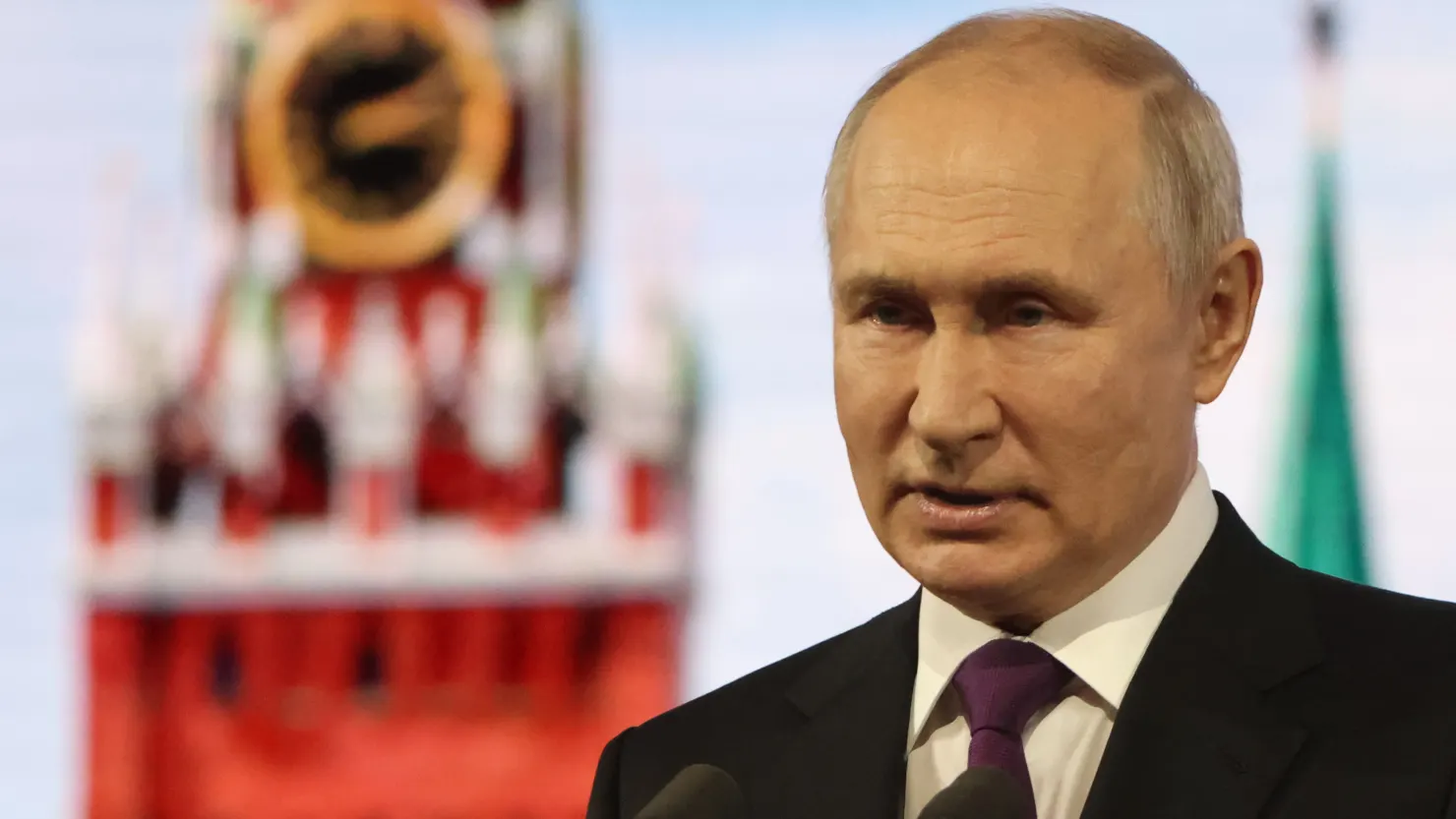Russian President Vladimir Putin acknowledged on Thursday (December 19) that inflation is a significant issue for the country and its economy is overheating. Russia’s Central Bank is anticipated to raise its key interest rate on Friday in a bid to address the rising pace of inflation.
“There are some issues here, namely inflation, a certain overheating of the economy, and the government and the central bank are already tasked with bringing the tempo down,” Putin reportedly said in his annual “Direct Line” Q&A session.
“The thing that is unpleasant and bad is the rise in prices. But I hope that if macroeconomic indicators are maintained, we will be able to cope with it,” the Kremlin leader said.
What’s fueling inflation in Russia?
Russia’s consumer price index rose to 8.9% in November compared to the same month last year, up from 8.5% in October. The increase was mainly driven by higher food prices, particularly the soaring cost of milk and dairy products.
The weaker ruble, which followed new U.S. sanctions in November, has also contributed to inflation by increasing the cost of imports. Meanwhile, a significant surge in military spending, especially after the Ukraine invasion, has led to labor shortages, supply chain disruptions, and production delays. These factors have pushed up prices and prompted workers to demand higher wages.
“Of course, inflation is such an alarming signal,” Putin added, according to Interfax.
“Just yesterday, when I was preparing for today’s event, I spoke with the chairperson of the Central Bank, Elvira [Nabiullina] who told me that it was already somewhere around 9.3%. But wages have grown by 9% in real terms, I want to emphasize this — in real terms minus inflation — and the disposable income of the population has also grown,” he said.
During the Q&A, Putin also said that the high prices were also a result of Western sanctions, along with this year’s bad harvest due to extreme weather in many agricultural regions across the country.
Future prediction for Russia’s economy
The International Monetary Fund believes Russia will achieve 3.6% growth this year, followed by a slowdown to 1.3% growth in 2025.
The IMF said that the “sharp slowdown” occurred “as private consumption and investment slow amid reduced tightness in the labor market and slower wage growth.”






